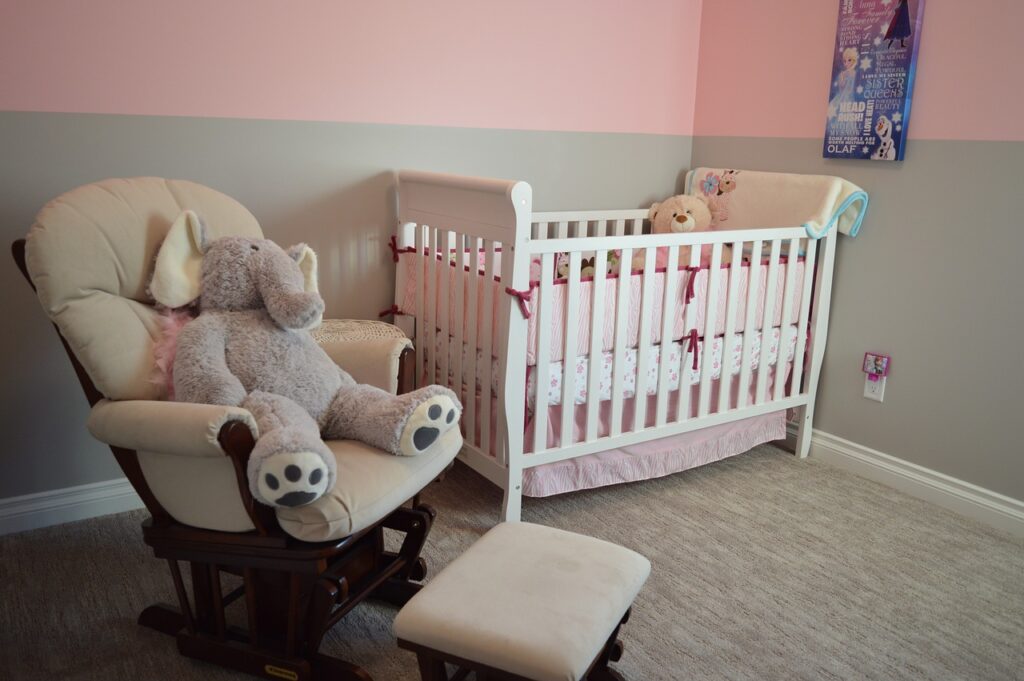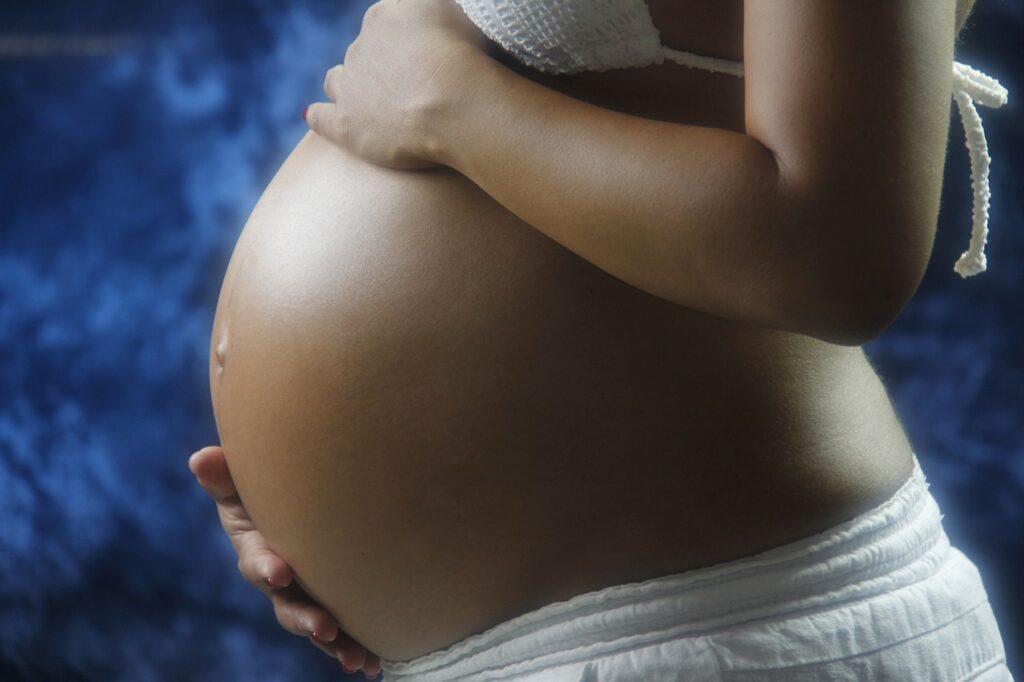By: Priscilla Wiredu

On May 2, 2023, Olympic Medalist Frentorish “Tori” Bowie died after experiencing complications from childbirth.
Bowie was eight months pregnant at the time of death with a well-developed fetus when she was going into labor.
Reports claim that Bowie may have been having respiratory distress as well as eclampsia; a condition where someone develops seizures following a sudden spike in high blood pressure.
As tragic as Bowie’s preventable death was, her death is a wake-up call for many about an alarming trend occurring in America; the mortality rates of Black women in maternity and reproductive rights.

Pregnancy-Related Deaths
The issue of Black maternity falls on many facets when it comes to reproductive health.
Black women have the highest maternal death rate in America than any other ethnic group.
A 2021 study revealed that the rate was 69 percent per 100,000 births, making it three times higher than the rate for White women.
The most obvious answer to such a jarring trend is simple: racism and discrimination.
Maternal emergencies are a common issue amongst Black women. Celebrity status or not, both Serena Williams and Beyonce are two famous Black celebrities that have borne children of their own and faced life-threatening complications with their pregnancies.
This issue has been stated as a public health emergency and an impediment to human rights since most of these deaths could have been prevented.
In the final stages of a pregnancy being monitored, Black women often experience being undervalued. If they state any unusual symptoms, they are dismissed for their feelings and are told their conditions are not severe. Racial biases can impact the credibility of quality healthcare as complications can impact the level of care patients receive.
These problems can stem from direct care or communication issues, where medical history fails to get passed along on behalf of the patient.
There are socio economic ties to it as well. Black women fail to follow a healthy diet during pregnancy due to the lack of access to nutritional food. Other issues like poverty, unemployment, and a lack of a proper education about childbirth also contribute to the issue with Black maternal death.
Access to Abortion
It is not only childbirth that Black women have to deal with; but also abortion access.
After the overturning of Roe v. Wade (1973), the concerns for Black women and bodily autonomy became more trivialized.
Without equal access to abortion, it is estimated that Black women will have a 30 percent increase in mortality rate from pregnancy and/or childbirth. Also, an increase in the risk of health complications, teen pregnancy, and financial burdens.
Black women lack proper access to prenatal care. It is especially limited for Black women who live in low-income areas.
Black women in the U.S. are more likely to become obese, which leads to the risk of gestational diabetes, hypertension, and other pregnancy complications. If aftercare is not received, obesity will gradually rise among Black women.

Maternal Trauma
Simply surviving childbirth is not enough for Black women to access the right to maternal and prenatal care.
Black women are twice as likely to suffer severe pregnancy and childbirth complications, with personal stories from Black mothers on being disrespected and brushed off during labor.
Black women face many triggers that can lead to a traumatic birth, and other issues like post-traumatic stress disorder and postpartum depression. The stressors range from feeling powerless when in labor or with severe birth-related injuries or physical complications.
Severe maternal morbidity is when life-threatening complications arise for the mother during or after childbirth and require life-saving procedures. Racial bias has now been seen as the top reason why Black mothers and their babies face worse situations during birth as opposed to beliefs of poverty and lack of proper care. Highly educated Black moms are more likely to suffer in childbirth than White mothers with no high school diploma. Black celebrities sharing their maternal trauma also nuanced those myths.
According to the National Heart, Lung, and Blood Institute, due to high chronic stress, race-based trauma, and fear, the majority of Black women will produce about 15 percent more cortisol, known as a stress hormone, which in turn raises the risk of pregnancy complications.
Resources
Doctors and researchers have finally taken the role of racism seriously when handling pregnant Black women in prenatal care.
Hospitals have also added more training in dealing with discrimination and educating themselves of unconscious bias and microaggressions.
In essence, Black women are in solidarity to hold unsafe practices accountable for Black pregnant women.
Black Mamas Matter is one of the most prominent pro-Black safe space organizations for expectant mothers. One of Black Mamas Matter’s top missions is policy change. It aims to introduce and advance policy grounded in the human rights framework. This will combat Black maternal health inequity and improve health outcomes.
Black Mamas Matter enacts initiatives aimed at cultivating research, advancing care, shifting cultural attitudes, and offering summits for members and those who want to gain more information.
Organizations like Black Mamas Matter fight to end the discrimination and morbidity of Black childbirth and motherhood both domestically and internationally.
Priscilla Wiredu is a writer for this year’s Black Voice project. An alumni of York University, she graduated with Honors where she studied Social Sciences. She then went on to get an Ontario Graduate certificate in Creative Writing from the Humber School for Writers, and a college certificate in Legal Office Administration at Seneca College. She is currently studying for the LSAT in hopes of going to law school. Her main goal as a Black Voices writer is to ensure Black issues and Black Pride are enunciated through her works.

